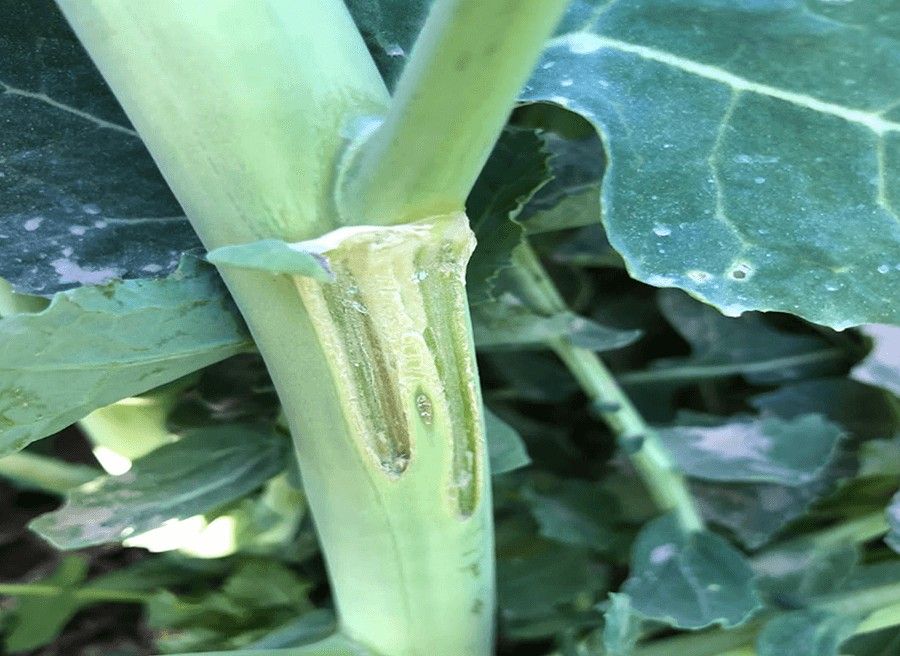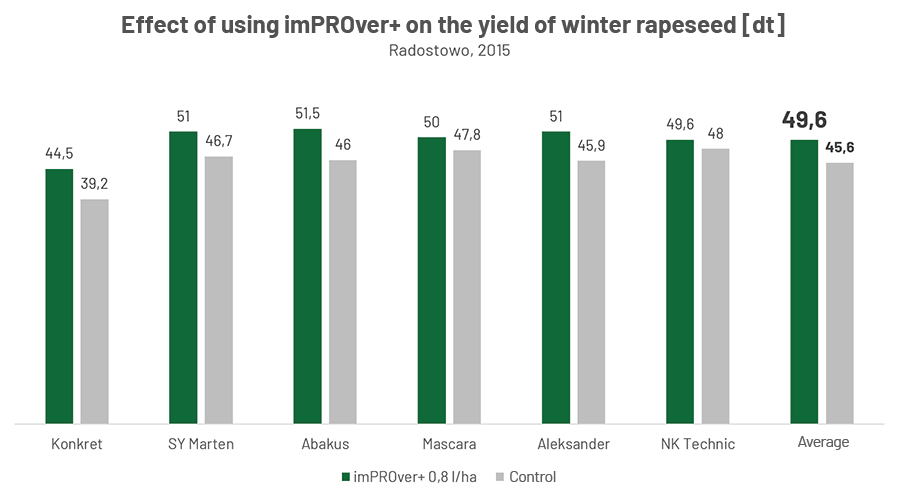This Privacy Policy (hereinafter the “Policy”) is intended to present the rules for the processing of personal data in connection with the operation of the website https://bio-gen.pl/ (hereinafter the “Site”) and the contact form.
- Users’ personal data that are processed in connection with the operation of the Site are subject to the data processing rules set out in the Personal Data Protection Act of 10 May 2018 (i.e. Journal of Laws 2019, item 1781; hereinafter referred to as the “Act”) and Regulation (EU) 2016/679 of the European Parliament and of the Council of 27 April 2016 on the protection of natural persons with regard to the processing of personal data and on the free movement of such data and repealing Directive 95/46/EC (hereinafter referred to as “GDPR”), as well as other legal acts that amend, update or replace the above regulations.
- The Controller of User’s personal data processed in connection with the Site operation is Przedsiębiorstwo Wdrożeń i Zastosowań Biotechnologii i Inżynierii Genetycznej Bio-Gen sp. z o.o. with its registered office in Namysłów (at ul. 1-go maja 26, 46-100 Namysłów), entered in the Register of Entrepreneurs of the National Court Register under number 0000208021 (registration court: District Court in Opole, 8th Commercial Division of the National Court Register).
- The Controller can be contacted by post at the above-mentioned address of the company’s registered office or at the postal address: ul. Pojezierska 97K, 91-341 Łódź, as well as by e-mail at: rodo@bio-gen.pl.
- Your personal data will be processed:
- in the case of subscribing to the newsletter: for the purpose of sending the newsletter – on the basis of Article 6 (1) (f) GDPR – processing is necessary for the purposes deriving from the legitimate interests pursued by the Controller (this interest is the promotion of the Controller, its activities and the goods being sold);
- if you send an enquiry to the Controller via the contact form using the contact details provided on the Website: in order to contact you, to respond to your enquiry or to make an offer, if the Controller has been asked to make an offer – on the basis of Article 6 (1) (f) of the GDPR – processing is necessary for the purposes of the legitimate interests pursued by the Controller (this interest being the establishment of contact with the person contacting the Controller) and Article 6 (1) (b) of the GDPR – processing is necessary to take action at your request;
- in connection with the use of cookies: for purposes deriving from the legitimate interests pursued by the Controller, such as ensuring the operation of the Website, its proper performance and functionality – on the basis of Article 6 (1) (f) of the GDPR.
- Personal data may be transferred: only to authorised employees and associates of the Controller and to external entities providing email hosting, website hosting, website maintenance services to the Controller.
- Your personal data will not be transferred to a third country or any international organisation.
- The Controller provides the possibility to contact him/her using electronic contact forms. The use of the form requires the provision of personal data necessary for the Controller to contact the User and respond to the request. The user may also provide other personal data in order to facilitate contact or to handle an enquiry. The provision of personal data marked as mandatory is necessary in order to receive and handle the enquiry, and failure to do so will result in the impossibility of handling the enquiry, including responding to it. The provision of other personal data, as well as consent to the transfer of personal data to entities cooperating with the Controller, is voluntary. Consent to the processing of such personal data may be withdrawn at any time, without affecting the lawfulness of processing carried out prior to withdrawal. Personal data is processed in order to identify the sender and to handle their enquiry sent via the form provided – the legal basis for the processing is the necessity of the processing for the performance of the service contract (Article 6 (1) (b) GDPR), and with regard to personal data provided voluntarily – the legal basis for the processing is consent (Article 6 (1) (a) GDPR).
- In connection with the provision of the newsletter service, your personal data will be processed until the newsletter service is terminated or you raise an objection. In connection with an enquiry, request for an offer, your personal data will be processed until the enquiry, request is fulfilled or you raise an objection. Otherwise, the data will be processed until the purpose is fulfilled or you raise an objection.
- You may request from the Controller access to the content of your data and obtain a copy of it, rectification, restriction of processing and data portability. You may also request the deletion of your data in the event of circumstances listed in Article 17 of the GDPR.
- You have the right to lodge a complaint with the President of the Data Protection Authority if you consider that the processing of your personal data violates the provisions of the GDPR.
- The provision of personal data is voluntary, but failure to provide such data may make it difficult or impossible to use the functionalities of the Website, in particular to receive the newsletter.
Cookie policy
The website uses cookies. By starting to use the Site without changing the settings of your device and the software you use to use the Site in a way that prevents you from receiving cookies, you agree to receive unique cookies that will be stored in the memory of your device in order to ensure the correct functioning of the Site and to fulfil further purposes. Cookies may be generated and stored in the memory of the device used by the User both by the Site and by third-party systems linked to the Site.
Web browsers may store text files – so-called “cookies” – on your computer or other device used by you. Cookies store information necessary for the proper functioning of websites, in particular those that use authorisation mechanisms. The purpose of such files is to ensure the proper functioning of the Site and the services available through it. Cookies also provide a survey of User activity on the Site. Cookies can be of a session type (they are present in the browser and device until you leave the Site) and of a persistent type (they remain in the browser and device according to the file parameters or until they are manually deleted and can be generated or updated e.g. each time you visit the Site).
The cookies used by the Site to collect information about Users for the purposes of ensuring the proper functioning of the Site and for analytical, statistical and marketing purposes, as well as to tailor information to the User’s individual preferences.
Users can change their browser settings regarding cookies at any time (inter alia in such a way as to block the automatic handling of cookies or to inform about their placement in the end device each time). Detailed information on the possibility and handling of cookies is available in your browser settings.






